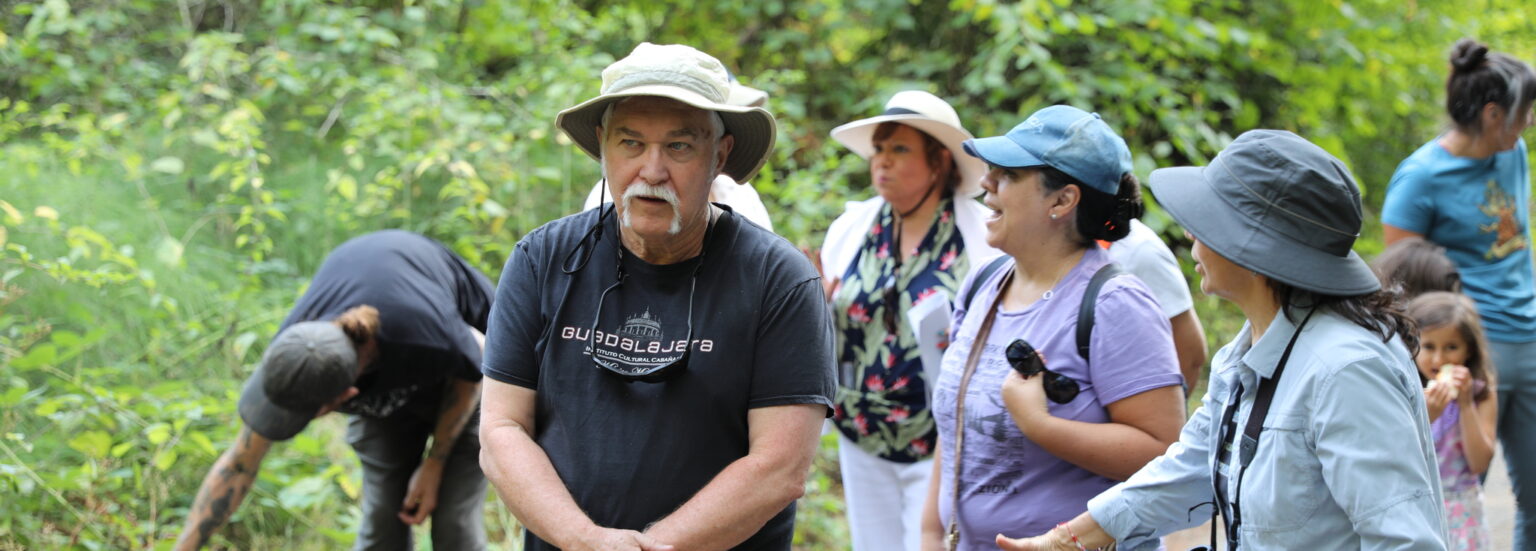
PEI has long been dedicated to ensuring equitable access to science education connected to civic participation for all students. That dedication required out of the box thinking, modifying existing models of curriculum development and distribution, and advocating for student-centered, community-focused learning that both engaged learners and met education standards. PEI created frameworks and guides to support educators, schools, and districts to build asset maps for meaningful applied learning in their region. We know that students engage when classrooms connect to field-based learning and when students are exposed to the myriad of ways that personal and collective decisions impact the ecological, economical, and socio-cultural health in the places they live. Communities are stronger and healthier when students create and help implement solutions to steward the overall health and well-being of the community, which in turn benefits the planet they care about. PEI’s purpose has always been to empower educators to advance scientific literacy by promoting equitable, outdoor, locally relevant, integrated, career connected, real-world science.
Education is a complex process which in praxis must be culturally relevant for the learner. As historically underserved voices are increasingly heard, best educational practice is informed. It is evident to the PEI staff and Board of Directors that the work we do to increase equity in science, is simply not enough. We need to do more to help bridge the opportunity gap, to ensure that our frameworks, instructional guides, and professional learning experiences are supporting the most underrepresented people in each community. PEI’s model will be most effective when, for each community, marginalized populations are part of the leadership and implementation team.
Some diversity, equity, inclusion and justice (DEIJ) actions accomplished at PEI include updating the hiring process, updating our organizing language (vision, mission, values), and establishing a formal DEIJ committee. The committee purpose is to hold regular meetings to move forward the DEIJ work, to formalize and demonstrate our intentions of becoming an anti-racist organization, to actively challenge racism and the policies and practices that uphold it. The overall goal of the committee is to ensure that DEIJ principles are embedded throughout PEI’s policies and practices, and to further synthesize, operationalize, and facilitate the work among staff, board, partners, and participants. The committee meets regularly and includes members of the executive staff, program staff, and a board liaison. The committee intends to expand participation to partners and community members in the future to ensure that their voices and perspectives are included.
The committee’s first tasks were to create a foundation for DEIJ work. Group agreements were established to support authentic and meaningful participation between committee members who represented diverse perspectives and voices coming together to create intentional change toward becoming an anti-racist organization. The committee then created relatable and specific definitions for the foundation terms, diversity, equity, inclusion and justice, to ensure they were unified in their next steps. Next, committee members will create a working draft of a DEIJ Action Plan with a list of goals and actions to support the process of becoming an anti-racist organization.
The DEIJ Action Plan will encompass all areas of the organizations policies and practices including Organization-wide Policies & Systems, Board Involvement, Employee Development, Community and Partner Engagement, Resource Development, and Program Operations. Individual committee members will facilitate the ongoing actions necessary to ensure DEIJ goals are met.
The committee will regularly report updates and actions to staff and board and seek input for next steps, ensuring all voices and perspectives are included in the work. Participation in the committee is always open to any staff or board members.
Sign in to your account to access/download this resource
Don't have an account yet?
Enter your email address and we will send you a verification code.
We sent a 6-digit code to your email. Please enter it below.
Please enter your new password below.
🔒 Secure login powered by WordPress